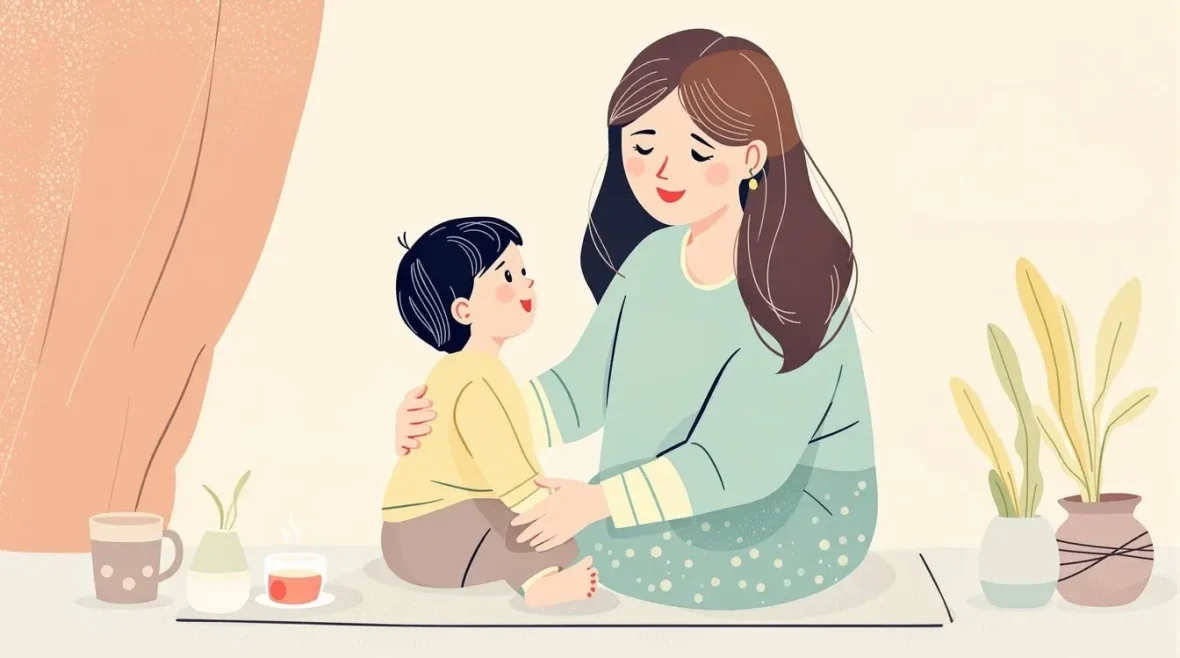What a beautiful word – “Care.” Just say the following phrases and feel the spectrum of emotions that arise in your body: mother’s care, a child’s care for a puppy, care for elderly parents, care for a loved one when they are sick. What do you feel? Warmth in your chest, joy, calm, a sense of tenderness and love? It would seem these are the pleasant sensations every person longs for. But why then do many people, recalling their life experience, shudder at this word and feel an irresistible desire to run as far away from it as possible? Is something wrong with them – or with the word itself?
I would like to reflect a little on this topic. The first thing I want to draw attention to is the limitation of our human categorical apparatus, when the word “Care” is used to name countless things that are not truly care at all. Unfortunately, we were never taught sensitivity, nor the subtle art of discerning the difference in how feelings are lived through, the ability to distinguish the energies and motives behind the actions of others. Therefore, we tend to lump together a wide range of human actions under one word – Care. Yet if we were more attentive and absolutely honest in our observations, we would immediately see a whole world of good and evil within this single word. Let us highlight some details of this mythological world of Care.
Words of care born from goodness and love are about gently accompanying a person on their path, not forcefully interfering in their life. It is an act of choice: I am here, I am near, and you can rely on me – but you can also walk this path on your own. I do not impose my help, I do not tell you what is best for you, I do not try to shield you from all your mistakes. I am there when you are exhausted by pain and weariness – and my hands may support you until you regain your strength. I am your source of warmth and light when darkness falls in your soul: you can come close, warm yourself, and illuminate a corner of your heart. Perhaps my flame will light a candle within you too, and your unique light will appear; or perhaps the time has not yet come, and what you need now is simply a safe place, a space where you can rest and release the tension you have been holding. I am that place where you can be real – not perfect, not polished, but varied: angry, tired, funny, foolish, free from fear of judgment or moralizing. I cannot fully understand you, I cannot always accept your choices in life, sometimes you hurt me – but I will support you on your true path, to the extent of my modest ability. I do not sacrifice myself; I share, out of love for you. This is my true manifestation of care.
Words of care from the side of suffering sound like this: I am older and wiser, and I know what is best for you, trust me. Even if you don’t appreciate it now, later you will be deeply grateful. I know what you should eat, what you should wear, what you should study, and who you should befriend. You don’t understand much in life, and you are incapable of many things – so I will do them for you, because I love you very much. You must value this and be grateful. You will not make mistakes, you will not try anything new, you will not develop skills, you will not learn to make decisions and take responsibility for their consequences. But you will be safe, you will save your strength, and you will avoid disappointment and pain. I have lived my life – I can help you live yours. I sacrifice much of what I have for you, and when the time comes, I expect something in return. Above all, do not forget about my care. Listen to what I tell you, do as I expect – because I love you, and this is my manifestation of care. And if you love me, then when the time comes, I expect no less care from you in return.
As we can see, in the first version care allows a person to nurture faith in their own strength and to unfold their potential. And when they are in a difficult situation, it allows them to feel confident they will not be abandoned – even if they are inconvenient.
In the second version, care binds and restricts, deprives a person of the chance to grow and reveal themselves. Instead, they become a victim of long term manipulation, where care is turned into a toxic instrument of control over another’s life.
The expression of care can come from a source that says: “I am equal to you, and care is my way of showing respect and support.”
Or it may come from a source that whispers: “I do not have enough worth of my own, so through excessive care I try to earn your love.”
It can manifest as: “I take care of you because it is my duty, and if I don’t, I will be condemned by society – and that frightens me.”
Or as: “I care for you because you matter to me, and even if the world collapses, I will remain by your side to support you.”
The same single word – Care – and yet how vastly different it becomes, depending on the true motives of the person behind it. And how greatly its impact may differ – from uplifting a destiny to suffocating it.
That is why you must remain attentive to how care manifests in your life through others, and learn not to be afraid of rejecting such manifestations if you see that behind them lie motives far from benevolent.






